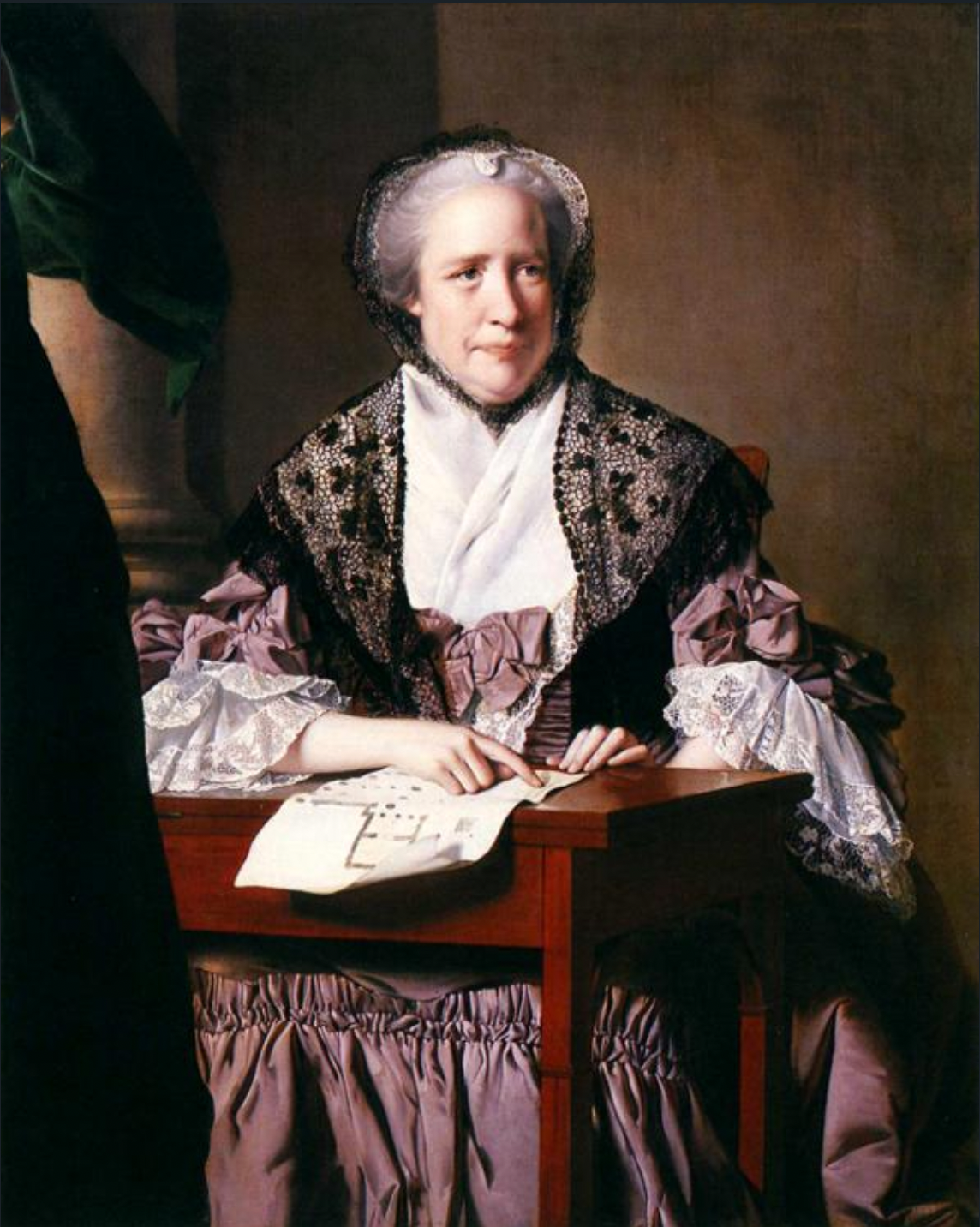Sarah Clayton on:
[Wikipedia]
[Google]
[Amazon]
 Sarah Clayton (1712–1779) was an English industrialist.Oxford Dictionary of National Biography ID She was the owner of the major Parr colliery, and known as the 'Queen of Parr'.
She was the daughter of merchant alderman and major of Liverpool William Clayton (d. 1715). She never married and thus gained
Sarah Clayton (1712–1779) was an English industrialist.Oxford Dictionary of National Biography ID She was the owner of the major Parr colliery, and known as the 'Queen of Parr'.
She was the daughter of merchant alderman and major of Liverpool William Clayton (d. 1715). She never married and thus gained
A Merseyside Town in the Industrial Revolution: St. Helens, 1750-1900
' * John Langton, James Langton:
Geographical Change and Industrial Revolution: Coalmining in South West
' {{DEFAULTSORT:Clayton 18th-century English businesspeople 18th-century English businesswomen 1712 births 1779 deaths People of the Industrial Revolution English industrialists 18th-century industrialists
 Sarah Clayton (1712–1779) was an English industrialist.Oxford Dictionary of National Biography ID She was the owner of the major Parr colliery, and known as the 'Queen of Parr'.
She was the daughter of merchant alderman and major of Liverpool William Clayton (d. 1715). She never married and thus gained
Sarah Clayton (1712–1779) was an English industrialist.Oxford Dictionary of National Biography ID She was the owner of the major Parr colliery, and known as the 'Queen of Parr'.
She was the daughter of merchant alderman and major of Liverpool William Clayton (d. 1715). She never married and thus gained legal majority
The age of majority is the threshold of legal adulthood as recognized or declared in law. It is the moment when minors cease to be considered such and assume legal control over their persons, actions, and decisions, thus terminating the control ...
at age 25.
She inherited land near Liverpool. Between 1746 and 1751, she developed her land by founding Clayton Square and likely also the Leigh, Tyrer, Houghton, Parker and Case street in Liverpool.
In 1756, she acquired the colliery in Parr Hall. In 1757, the Sankey channel expanded from Liverpool to Parr, giving her a substantial benefit to other collieries in regard to the Liverpool trade. She provided coal to Liverpool during the developing industrial revolution
The Industrial Revolution was the transition to new manufacturing processes in Great Britain, continental Europe, and the United States, that occurred during the period from around 1760 to about 1820–1840. This transition included going f ...
, which for a time made her into the perhaps most successful merchant in Liverpool. She worked in collaboration with her nephew Thomas Case who was a slave trader but who also owned a colliery near her mine, and together, the Clayton-Case alliance controlled the coalfields along the Sankey channel.
References
* Theodore Cardwell Barker, John Raymond Harris:A Merseyside Town in the Industrial Revolution: St. Helens, 1750-1900
' * John Langton, James Langton:
Geographical Change and Industrial Revolution: Coalmining in South West
' {{DEFAULTSORT:Clayton 18th-century English businesspeople 18th-century English businesswomen 1712 births 1779 deaths People of the Industrial Revolution English industrialists 18th-century industrialists